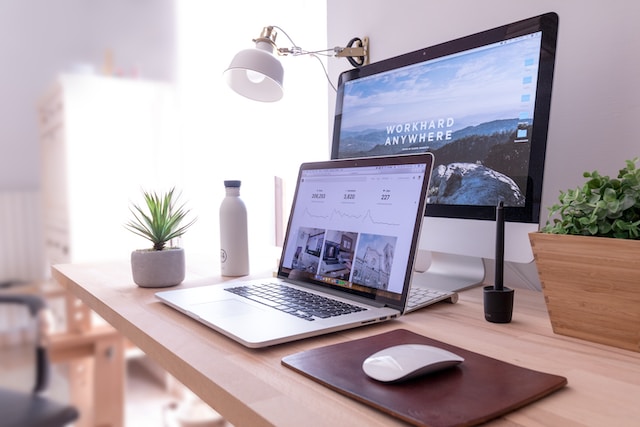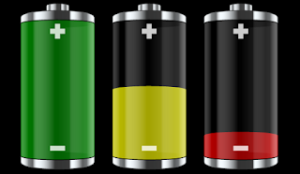What is the right computer for you? It’s a big decision with many choices to make! Buying a new computer is a lot like getting a spouse: You think it’s a fairly simple task until you realize how many choices you need to make. Aside from figuring out your budget, of course, the following are some questions you might want to ask yourself to help decide what’s right for you.
- A Desktop or a Laptop? This is probably one of the simplest choices to make, and one that can have a big impact on the overall cost of your computer, including expenses that might not come right at the time of the purchase. If you’re looking to carry your computer to work or trip, you obviously need a laptop. And some have slimmed down to weigh as little as 1.5 KG’s. If mobility isn’t a concern, get a desktop, because it’s very likely that you’ll get more performance for the same money—plus more flexibility in customizing the machine once you buy it.
- Is it running a powerful Processor (CPU)? The processor is the central brain of your computer, and is what makes the computer respond to your requests. If you want a fast computer that starts programs in a flash, completes tasks as soon as you start them, and doesn’t keep you waiting, then you want the strongest processor available. In simplest terms possible, the short and simple of processors is in the number of cores and the speed (labeled in GHz or Gigahertz) of the processor. The speed of the chip will tell you how much data it can process in how much time, so the bigger the number of cores, the better. The number of cores functions as a multiplier, (e.g. a single-core 2GHz processor is a lot slower than a four-core 2GHz processor).
- Is RAM just a type of goat? Nope, Random-access memory (RAM) is a form of computer memory that stores data that is currently being used. The amount of RAM in a computer can affect just how many tasks it can handle at a go and how fast it will be. RAM is measured in gigabytes (GB), and as is often the case, the more, the better. By having more RAM, your computer is able to keep more data close at hand hence fast processing.
- Is there enough storage space/Hard Disk (HDD)? Storage refers to the built-in memory for saving documents, photos, music, software, apps plus everything else you want to store. The hard disk is the central storage feature and is available in a variety of sizes – from 250 GB to a massive TBs (Terra Bytes). What size is right for you depends on how much music, files, games and other content you have.
- Are there peripherals as per your requirement? A computer peripheral is a device that is connected to a computer but is not part of the core computer architecture. Peripheral device connects to a computer system to add functionality. Examples are a mouse, keyboard, monitor, printer, scanner, USB Port, HDMI Port, SD Slot, WiFi, and Bluetooth among others. Choose a computer with peripherals that are pretty specific to your needs. You’ll need to think about whether you’ll need them, and just how many of them you want so that you don’t end up paying for what you don’t use.
- What Operating System (Linux, Windows, MAC OS, and Chrome-book) should you go with? Often abbreviated as OS, an operating system is a powerful, and usually large, program that controls and manages the hardware and other software on a computer. Often, you’re better off simply sticking with whatever OS you’re most familiar with. If you’re not sure, or feel like a change, consult an I.T tech.
- Finally, how do you buy it? As with any expensive purchase, you need to be very patient. Technology evolves fast, and if you buy a new computer today, you might not have noticed a newer one was set for release tomorrow — and would have likely cost the same as the one you just bought, or made yours less expensive to buy. It is very useful to get friendly with the computer maker’s website, as they often allow you to customize a computer rig with the components you want. On top of it all, you’re much more likely to stumble across an incredible sale if you shop regularly for a good stretch of time instead of just spending the better part of a day to make your pick and purchase it then and there. Remember, if you make the cheapest purchase, you might be looking at buying another new computer much sooner than you would otherwise. Go ahead and ask a salesperson to give you a deal. Maybe they won’t bump down the price of the computer, but if you’re going to need a mouse, a keyboard, a monitor, or any other device to go with your computer, see if they will give you some other discount for purchasing the items together.





Hey people!!!!!
Good mood and good luck to everyone!!!!!